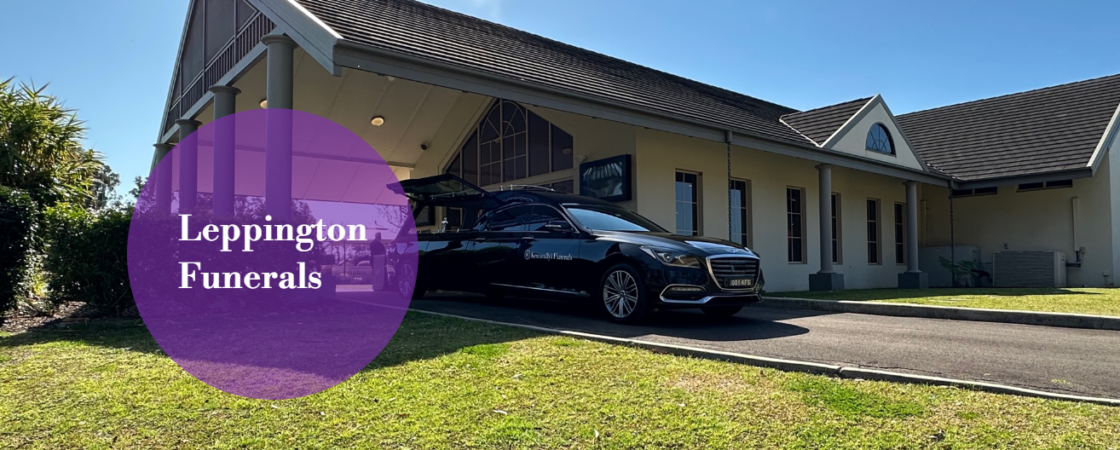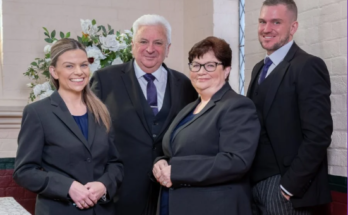The inevitability of death is a reality every individual faces. While it can be a challenging subject, Leppington funerals service offer an opportunity to pay final respects, commemorate the deceased’s life, and provide closure for loved ones. The final send-off, as it is often called, is a vital ritual, offering a blend of cultural, religious, and personal traditions.
Types of Funeral Services
Funeral services can take many forms, with the choice often dependent on the preferences of the deceased or their family, as well as cultural or religious practices. Here are some of the most common types of funeral services:
- Traditional Funeral
A traditional funeral is the most common type of service. It typically involves a wake or viewing, a formal service, and a burial. The wake allows loved ones to gather, view the body, and offer condolences to the family. The service, which can be held in a place of worship or funeral home, often includes readings, prayers, and eulogies that reflect the deceased’s life and values. Afterwards, the body is buried in a cemetery.
- Cremation
Cremation has become increasingly popular in recent years. Instead of a burial, the body is cremated, and the ashes are returned to the family in an urn. Families can choose to keep the ashes, scatter them in a meaningful location, or place them in a cemetery plot. Some services may include a viewing or memorial service before the cremation.
- Memorial Service
A memorial service differs from a traditional funeral in that the body is not present. It is typically held after the burial or cremation and focuses more on celebrating the deceased’s life than the finality of death. These services allow for greater flexibility in terms of location, time, and content. They can be highly personalised to reflect the life of the individual.
- Green Funeral
As people become more environmentally conscious, green funerals are growing in popularity. This type of funeral focuses on sustainability by using biodegradable caskets, avoiding embalming, and opting for natural burial sites that do not use headstones or markers. This eco-friendly option appeals to those who want to reduce their environmental impact, even in death.
- Direct Burial
For those who prefer simplicity, direct burial may be the chosen option. This type of service involves burying the body shortly after death without a formal service or viewing. While there is no immediate ceremony, families may choose to have a memorial service later.
The Role of Funeral Directors
Funeral directors play a pivotal role in the planning and execution of funeral services. They are responsible for coordinating all the details, from handling the paperwork to organizing the service, ensuring everything runs smoothly. This can include arranging transportation for the body, preparing it for viewing, and ensuring that the wishes of the family and the deceased are respected.
Moreover, funeral directors offer invaluable support to grieving families. They provide guidance and options during what can be an overwhelming time, helping families navigate decisions around funeral types, locations, and legal matters. In some cases, they also offer grief counselling or referrals to support groups, further helping loved ones through the grieving process.
Summing up, Leppington funerals service provides a way to honour a life lived, say goodbye, and begin the process of healing. While the loss of a loved one can be a deeply painful experience, the ritual of a funeral offers comfort, closure, and an opportunity to celebrate the impact they had on the world.




